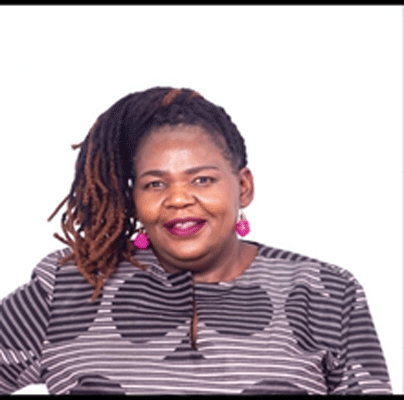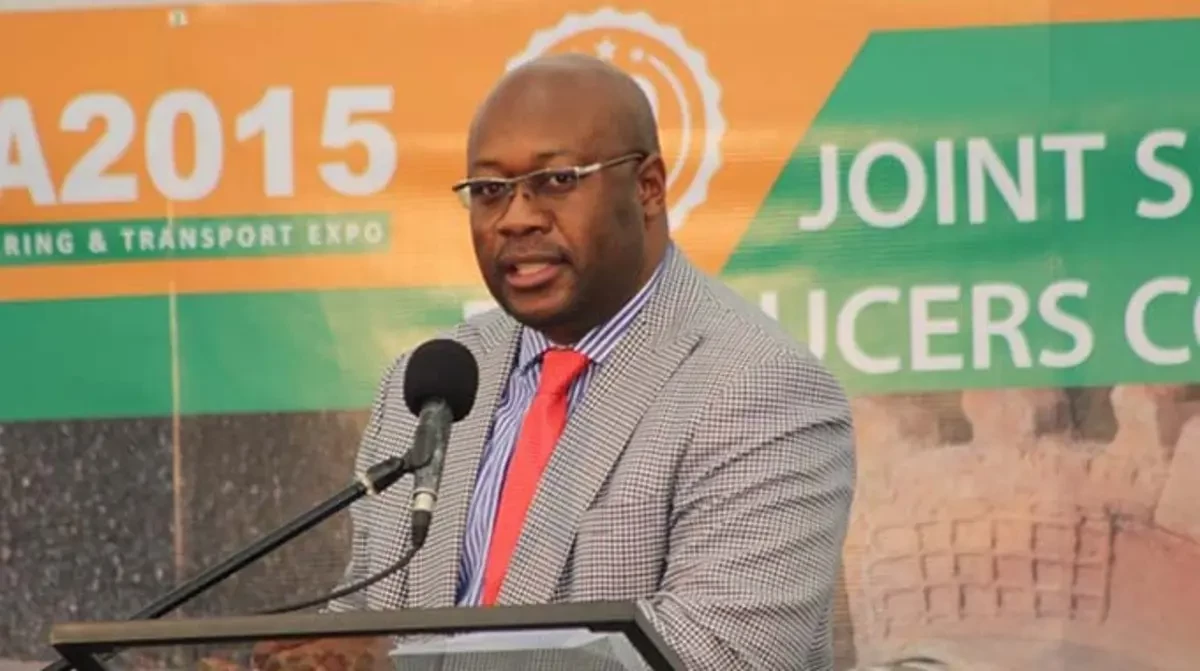
guest column:Sibusisiwe Marunda
THOSE who read this column will know that I have written a number of articles about psychosocial support during the COVID-19 era.
Ever since the pandemic started, I just wanted to mobilise and engage readers about how we are going to beat the coronavirus if we follow the prevention guidelines and support one another.
At that time, I had clarity of thought and I was very sure of what the psychosocial challenges would be and how they could be dealt with. One could say I was in the comfort zone, then on July 23, I woke up with a fever and general body weakness.
I immediately presented for a rapid COVID-19 test. I tested negative and everything seemed normal until on July 29, when I started having malaria-like symptoms. My whole body was aching.
Initially, I had wanted to purchase a malaria course, but through some intuition, I decided to visit my general practitioner.
Upon arrival, the doctor told me he was ordering a COVID-19 test and I laughed it off and told him I had already tested negative. When I confirmed I had taken a rapid test, he insisted I go for a PCR [polymerase chain reaction] test.
Shock I was shocked when the test came out positive. I read the result several times and it continued to read positive. I had many questions, but no answers. I wondered where and when I had been careless. I was one of the first people to set up a handwashing station at my house entrance.
- Chamisa under fire over US$120K donation
- Mavhunga puts DeMbare into Chibuku quarterfinals
- Pension funds bet on Cabora Bassa oilfields
- Councils defy govt fire tender directive
Keep Reading
During the first lockdown, I had stayed fully at home. When I started travelling for COVID-19-related work, I always washed my hands and wore my mask. I was extra careful. I asked God, why me? As I asked myself these questions, I realised I was numb and there was a part of me that was not really accepting that I had actually contracted COVID-19.
Even as I got home and started self-isolation, I continued to hope the result was wrong. At this point, the symptoms were mild, so I informed my colleagues at work that I was on sick leave, but would continue working from home. I also asked the three colleagues I had come into contact with to get tested.
Immobilised by fear
On the second day, I seemed to come out of my numbness and I comprehended the fact that I did have the disease of the decade, COVID-19. The disease was no longer a programming issue, it was in my system and could end my life.
As I looked at my morning dose of medication, I suddenly broke down. I wept uncontrollably as I was seized by the fear of death. I thought of my children and wondered if I was going to be there for them as they went through university.
My mother died when I was six and I did not want my children to experience what my sisters and I had gone through growing up. What made my fear worse was the fact that I am within the vulnerable age of fifty plus and I have an underlying condition of hypertension.
I refused to take most calls from friends who wanted to offer their support. Those calls I took I kept short to avoid breaking down in tears. I had no appetite and could not taste food. I survived on dried vegetables (mufushwa) in peanut butter and lots of chillies.
Surprisingly, where others report loss of the sense of smell, I experienced a sharpened sense of smell. I had no energy and any simple task would tire me. The body aches got worse and by day four, I had palpitations. I remember at some point the palpitations got so bad I stayed up for most of the night. I did not cough at all, but had high fever on some nights.
Self-isolation I was also gripped by the fear of infecting my family, so I strictly self-isolated. My children would stand at my bedroom door and ask how I was doing. I put up a brave face and assured them I was fine. The most emotionally taxing experience of my battle with COVID-19 was seeing my eight-year-old daughter waving good night from my bedroom door.
The way she had just accepted the fact that she could not sit on my lap, hug me and present her play bruises for mum’s healing kiss, tore my heart into pieces.
I once wrote about how COVID-19 is a lonely disease and here I was experiencing the pain of the necessary distance. I tried to remember what I wrote about resilience and psychosocial support in my articles and had difficulty applying it to myself.
I was aware that not everyone who contracts COVID-19 dies and I knew the survival rate to be 80%. I had repeatedly talked about this in my community engagement work.
However, I had no guarantee that I would survive the ordeal. After about five days of immense fear and self-pity, my husband sat me down and pointed out something I was completely oblivious to.
He asked if I realised the older children could see from my eyes that I had been crying. We had a long discussion and he reminded me I had to be strong and embrace the hope that I talk about in my work.
This discussion jolted me into realising that I owed it to my family to fight and to communities I work with to show them that the resilience that I talk about is not just academic. I also realised that while I had not started getting better, I had stopped getting worse.
Putting my mind back on track After this discussion with my husband, I made a decision that I was going to fight COVID-19 with everything in me. I was not going to die before dying. That day I wrote an email to my colleagues and informed them I was totally disengaging from work and taking time to fight the disease. They were all very supportive. I stopped crying and continued to faithfully take my medication, herbal included (thank you Edwick for sending herbs all the way from Tanzania).
In my attempt to put my mind back on track, I learnt a very important lesson about inner strength and resilience.
I learnt that positive thoughts on their own are not enough if they are not accompanied by positive actions. It was only when I started doing things for my family that I felt my spirits lifting. Since I could not do every day motherly things like cooking for my family, I decided to knit for them.
Fortunately, I had lots of wool in the house. I set myself a target to knit sweaters for my husband and our children. Every day I woke up looking forward to either completing a piece or starting a new one. I was surprised how this simple act contributed to my conviction that I was going to live.
As I write, four of our children and my husband have new sweaters from my isolation days, but for me, the sweaters symbolise hope, my source of energy to fight, my determination to live and take care of my family. My husband and I sang and prayed together every morning and this too contributed to my finding hope.
Being a writer I also wrote whenever I could. I believe these positive actions reduced my stress levels and injected me with energy.
Today, I am fully recovered and thankful that my family was spared. I decided to share my story in order to contribute to the promotion of hope and challenging the stigma around COVID-19. I have six messages to my fellow Zimbabweans:
Don’t take COVID-19 lightly as it is real — so please do your part to prevent its spread Contracting COVID-19 is not a death sentence, you can recover It’s important to be careful, but you can still get it no matter how careful you are. So if you do don’t flog yourself, put your energy into fighting it Should you get it, fear is normal and tears might come but they have to stop at some point and leave room for the battle to be won.
There is stigma surrounding the virus and the temptation to close out everyone is high.
However, it is important to have people you trust to whom you can freely express your fears.
Thinking positively, reading positive material and doing things that you are good at and enjoy contributes to reviving inner strength and resilience. We will beat this!











